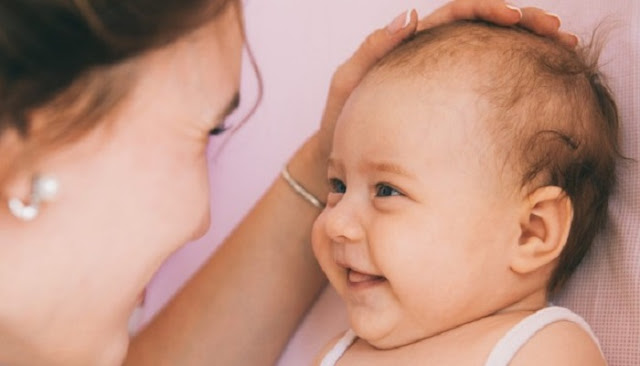Fixed bedtime, sufficient sleep may lead to healthier teens

According to a recent study, having a fixed bedtime and getting sufficient amount of sleep from early childhood may lead to a healthy body weight in adolescence. The results of the study were published in the journal 'Sleep'. The researchers at Penn State identified groups of children by bedtime and sleep routines and tested longitudinal associations for each group with adolescent body mass index (BMI). The findings suggest that childhood bedtime and sleep routine groups predict adolescent sleep patterns and BMI. In a national study of urban households, one-third of children consistently adhered to age-appropriate bedtimes for ages five through nine. Those who had no bedtime routine at age of nine had shorter self-reported sleep duration and higher BMI at age of 15 when compared to those children with age-appropriate bedtimes (after adjusting for age 3 BMI). "Parenting practices in childhood affect physical health and BMI in the teenage years. Developing a...



